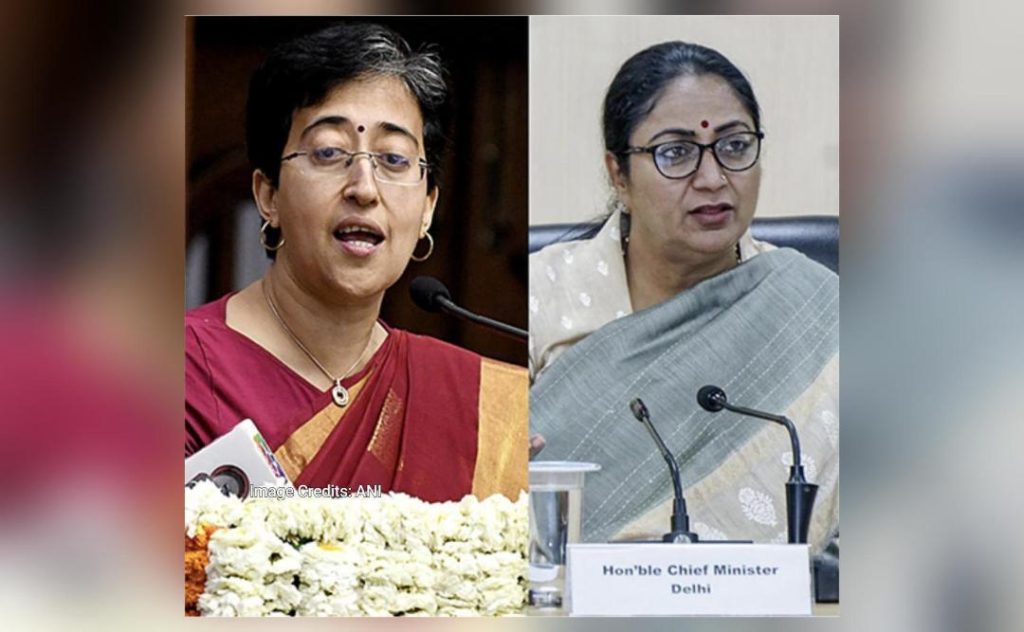
Atishi writes to CM Rekha on dire water shortage in Delhi
The national capital, Delhi, is reeling under a severe water crisis, leaving residents to face the brunt of this debilitating issue. The Opposition leader and former Delhi Chief Minister, Atishi, has written a letter to the current Delhi Chief Minister, Rekha Gupta, highlighting the dire water shortage and seeking an urgent meeting to discuss the matter. In her letter, Atishi has emphasized that the people of Delhi are suffering from a “very serious issue” and are struggling to cope with the lack of water availability.
The water crisis in Delhi has been a pressing concern for many months now, with residents facing long queues to collect water from tankers. The situation has become so dire that families are forced to stand in lines for hours to fetch a few buckets of water, leaving them little time or energy to attend to their daily needs. The scarcity of water has also led to a rise in the cost of water, making it unaffordable for many households.
Atishi, in her letter to CM Rekha, has expressed her deep concern over the water crisis and urged her to take immediate action to address the issue. She has asked the Chief Minister to allocate more funds to the Delhi Jal Board, the state agency responsible for providing clean drinking water to the city’s residents. Atishi has also requested CM Rekha to consider implementing measures to increase water supply and reduce wastage.
In her letter, Atishi has also highlighted the plight of residents who are struggling to cope with the water shortage. She has shared stories of families who are forced to buy water from private tankers at exorbitant rates, and those who are unable to bathe or wash their clothes due to the lack of water. Atishi has urged CM Rekha to consider the human cost of the water crisis and to take steps to alleviate the suffering of Delhi’s residents.
The water crisis in Delhi is not a new issue, but it has worsened in recent months due to a combination of factors, including the failure of the monsoon season and the lack of adequate infrastructure to store and distribute water. The Delhi Jal Board has been struggling to meet the demand for water, leading to a severe shortage in many areas of the city.
The water crisis has also had a significant impact on the city’s economy, with many businesses and industries being forced to shut down or scale back operations due to the lack of water. The situation has also led to a rise in the cost of living, as residents are forced to spend more money on water and other essential items.
In response to Atishi’s letter, the Delhi government has announced plans to increase the supply of water to the city’s residents. The government has also launched a campaign to reduce water waste and has asked residents to conserve water. However, many experts believe that more needs to be done to address the water crisis, and that the government must take a comprehensive approach to solve the issue.
The water crisis in Delhi is a stark reminder of the importance of proper planning and management of resources. The city’s residents are counting on their leaders to take immediate action to address this issue and to ensure that they have access to clean and affordable water. As Atishi has pointed out, the people of Delhi are suffering, and it is the responsibility of the government to alleviate their suffering.
In conclusion, the water crisis in Delhi is a serious issue that requires immediate attention and action. The Delhi government must take a comprehensive approach to address this issue, including increasing the supply of water, reducing waste, and conserving this precious resource. The people of Delhi are counting on their leaders to take action, and it is only fair that they receive the water they need to live a dignified life.






